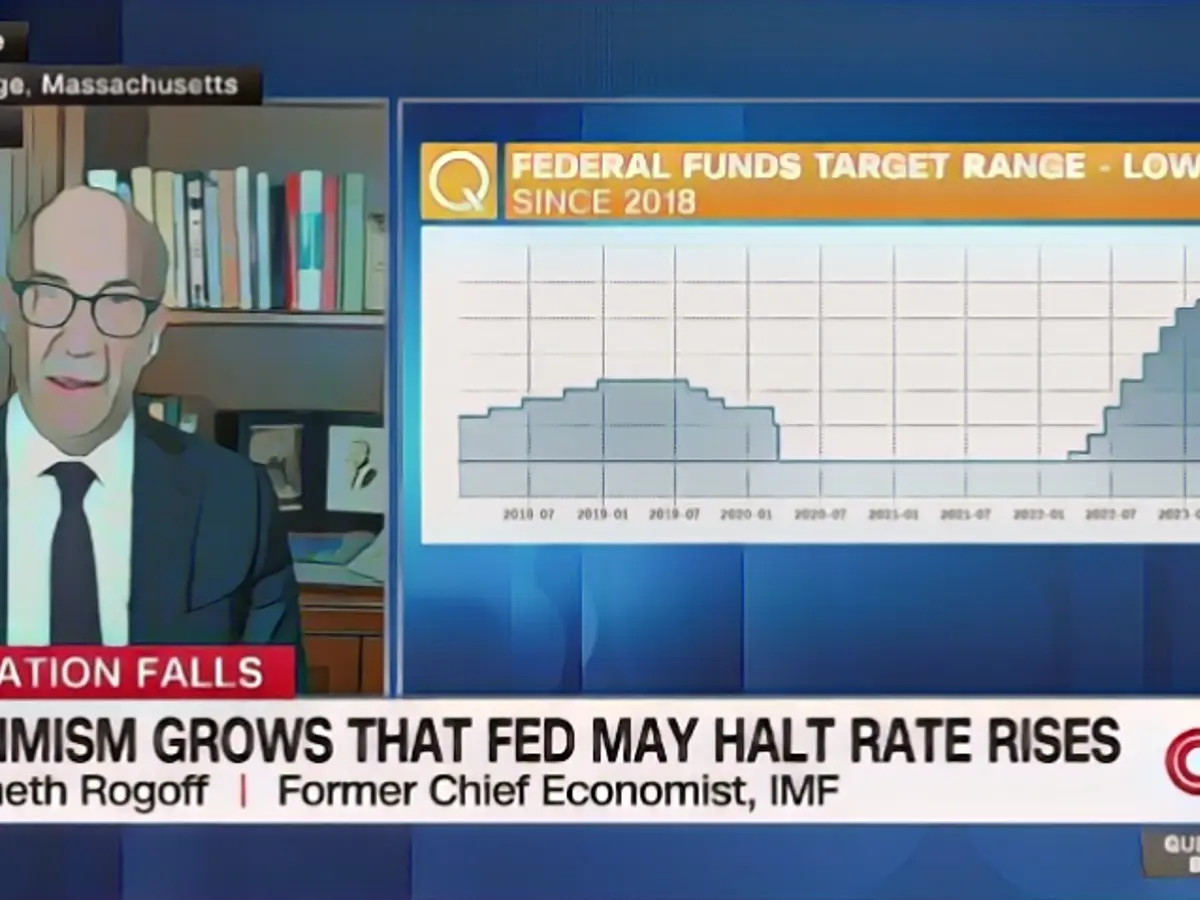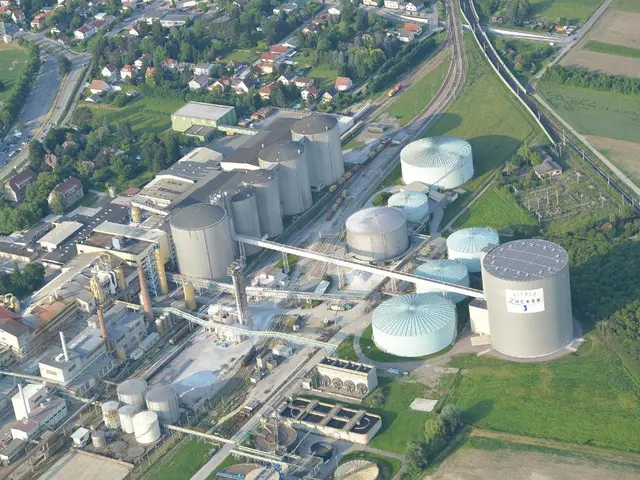Struggling to meet numerous desires and needs despite cooling inflation? You're not alone.
Imagine the weather in January starts at 50 degrees and ends at 90 degrees, but the temperature only increases by 5 degrees each week, from 50 to 55 degrees. You wouldn't think, "Wow, it's only 5 degrees warmer this week instead of 40 degrees!" Instead, you'd focus on how hot it is outside.
Inflation works the same way. Prices for goods and services are significantly higher now than they were two years ago, but the rate of price increases has slowed down. That's why people are finding it tough, even though the inflation rate has cooled down.
Inflation is calculated using an index, which measures price increases for various goods and services to estimate how fast prices rise in the economy. Everyday expenses, like commuting to work, watching your favorite sports team, or going to the movies, affect how inflation impacts you.
For example, auto insurance costs increased by 19.2% in November, the most significant increase among 80,000 consumer prices tracked by the Consumer Price Index (CPI). Sport tickets had the second-highest increase at 18.6%, but movie ticket prices actually decreased by 4.4%.
The way inflation affects you depends on your spending habits. Some people may notice a significant increase in their grocery bills due to higher prices for staples like meat, bread, and cereals. Energy costs, like gas prices, have also risen, which is a significant concern for many households.
Location plays a crucial role too. The Consumer Price Index shows that prices increase at different rates in different cities. For instance, Boston, Dallas, and Tampa, Florida, have seen significant price increases compared to the national average.
Businesses, too, are affected by inflation. They constantly seek ways to cut costs and maintain profitability, negotiating with suppliers, operating more efficiently, or adjusting pricing strategies.
Enrichment Insight: Different lifestyle choices and local conditions can influence how inflation affects individuals. For instance, food and energy costs have a significant impact on households' budgets, while housing expenses are a major concern in cities with high rent prices.
Inflation can reduce purchasing power, increase costs, and erode the value of cash savings. But understanding these factors can help individuals better manage their finances and make informed decisions about their spending and savings.








